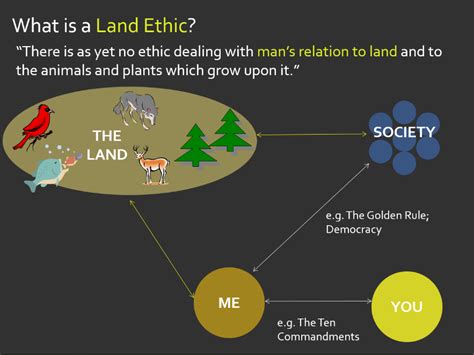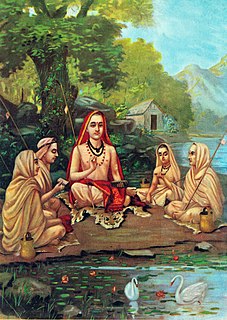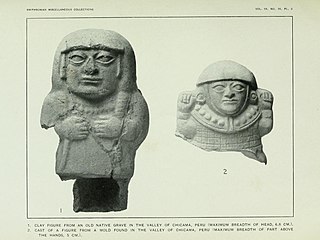A Quote by Kirkpatrick Sale
When I speak of knowledge of nature, I do not mean industrial science, which argues that nature is inert and can be understood only to enable humans to manipulate it. I mean that sense of nature that Aldo Leopold had in mind when he said, "A thing is right when it tends to preserve the integrity, stability, and beauty of the biotic community, wrong when it tends otherwise.
Related Quotes
The 'key-log' which must be moved to release the evolutionary process for an ethic is simply this: quit thinking about decent land-use as solely an economic problem. Examine each question in terms of what is ethically and esthetically right, as well as what is economically expedient. A thing is right when it tends to preserve the integrity, stability, and beauty of the biotic community. It is wrong when it tends otherwise.
The practice of conservation must spring from a conviction of what is ethically and aesthetically right, as well as what is economically expedient. A thing is right only when it tends to preserve the integrity, stability, and beauty of the community, and the community includes the soil, waters, fauna, and flora, as well as people.
If speculation tends thus to a terrific unity, in which all things are absorbed, action tends directly back to diversity. The first is the course or gravitation of mind; the second is the power of nature. Nature is manifold. The unity absorbs, and melts or reduces. Nature opens and creates. These two principles reappear and interpenetrate all things, all thought; the one, the many.
Sex cannot be understood because nature cannot be understood. Science is a method of logical analysis of nature's operations. It has lessened human anxiety about the cosmos by demonstrating the materiality of nature's forces, and their frequent predictability. But science is always playing catch-up ball. Nature breaks its own rules whenever it wants. Science cannot avert a single thunderbolt. Western science is a product of the Apollonian mind: its hope is that by naming and classification, by the cold light of intellect, archaic night can be pushed back and defeated.
To adjoin the instinctual nature does not mean to come undone, change everything from left to right, from black to white, to move the east to west, to act crazy or out of control. It does not mean to lose one's primary socializations, or to become less human. It means quite the opposite. The wild nature has a vast integrity to it
Nature is seen by humans through a screen of beliefs, knowledge, and purposes, and it is in terms of their images of nature, rather than of the actual structure of nature, that they act. Yet, it is upon nature itself that they do act, and it is nature itself that acts upon them, nurturing or destroying them.
Science...has become identified with a philosophy known as materialism or scientific naturalism. This philosophy insists that nature is all there is, or at least the only thing about which we can have any knowledge. It follows that nature had to do its own creating, and that the means of creation must have included any role for God.
There is no supernatural, there is only nature. Nature alone exists and contains all. All is. There is the part of nature that we perceive, and the part of nature that we do not perceive. ... If you abandon these facts, beware; charlatans will light upon them, also the imbecile. There is no mean: science, or ignorance. If science does not want these facts, ignorance will take them up. You have refused to enlarge human intelligence, you augment human stupidity. When Laplace withdraws Cagliostro appears.
Understanding human nature must be the basis of any real improvement in human life. Science has done wonders in mastering the laws of the physical world, but our own nature is much less understood, as yet, than the nature of stars and electrons. When science learns to understand human nature, it will be able to bring a happiness into our lives which machines and the physical sciences have failed to create.


































